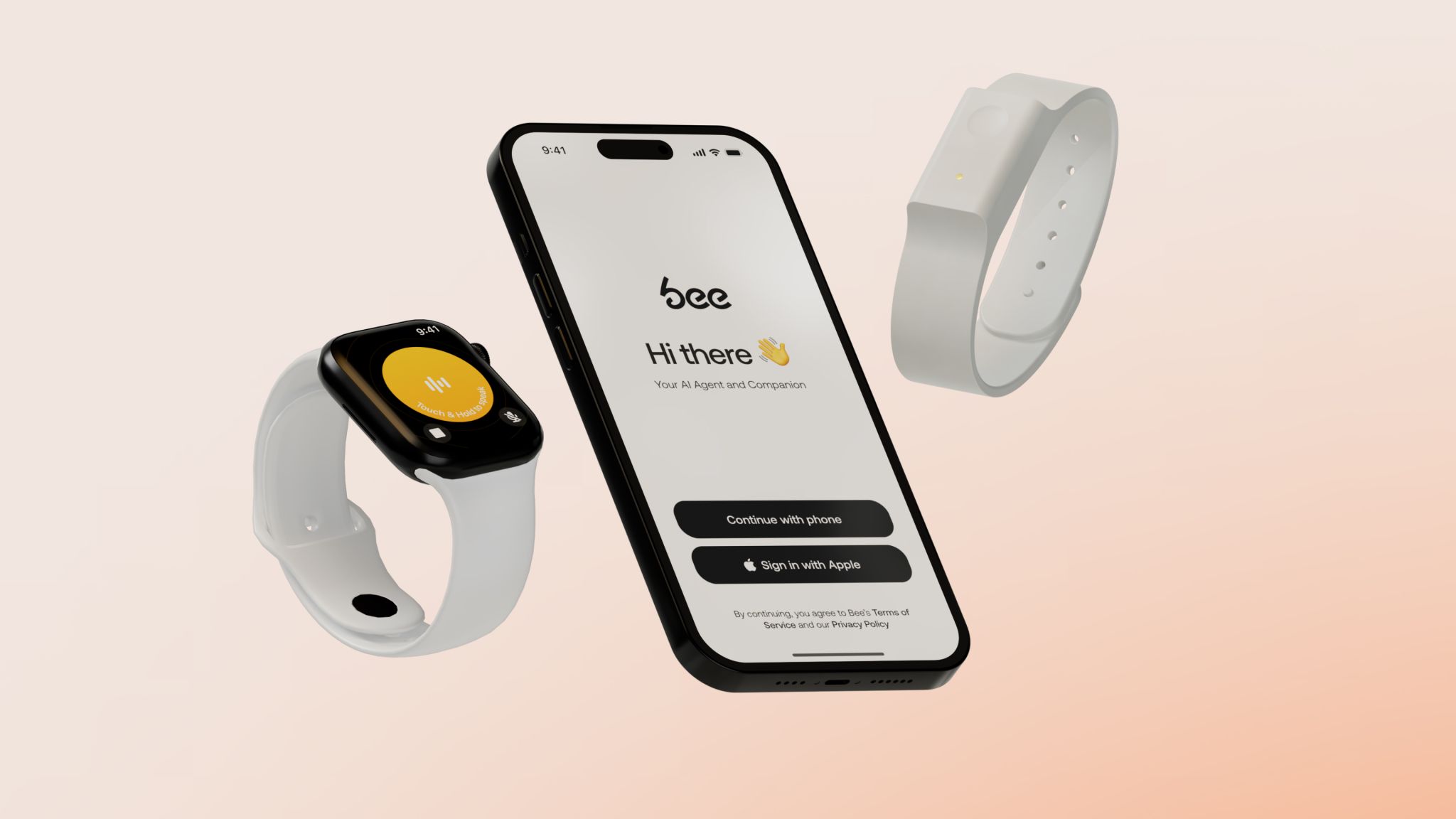
What Does Amazon’s Latest Acquisition Means?
Amazon has confirmed the acquisition of Bee, a startup known for its AI-powered wearable that records conversations to generate reminders, notes, and lists. The deal was first disclosed by Bee’s co-founder Maria de Lourdes Zollo in a LinkedIn post. Although the acquisition is not yet closed, Amazon has extended job offers to Bee’s employees.
This move marks Amazon’s growing interest in expanding beyond home-based Alexa devices and into the wearable AI segment.
What is Bee and How Does It Work?
Bee makes an AI-powered bracelet priced at $49.99, with a $19 monthly subscription. It also offers an Apple Watch app. The device continuously listens to the user’s environment — unless muted manually — to learn from conversations and help manage tasks.
Its goal is to act like a “cloud phone,” providing reminders, notifications, and the ability to send messages without needing a traditional screen.
Bee promotes the idea of “ambient intelligence” — technology that exists in the background to assist users without intruding.
Why Amazon’s Move Matters?
By acquiring Bee, Amazon signals that it wants to evolve from smart speakers to always-on AI companions. While companies like Humane and Rabbit have launched similar AI wearables, they struggled with price and practicality. Bee stands out by offering a lower entry cost, making it more appealing to everyday users.
The acquisition shows Amazon is keen to explore new form factors in AI — a shift from Echo speakers to personal wearables that learn and assist on the go.
Privacy Remains a Critical Concern
Bee claims it does not store or train AI models on users’ recorded voices. Instead, it stores only the information the AI learns about the user. It also promises data deletion options and future features that allow users to define topic and location-based boundaries.
The company had also committed to building on-device AI processing to reduce cloud dependency and enhance privacy.
However, Amazon’s history with Ring — including sharing user footage with law enforcement without consent — raises questions. It is unclear if Bee’s current privacy policies will stay the same under Amazon’s ownership.
What This Means For The Future of AI Wearables?
With this acquisition, Amazon enters direct competition with companies like Meta, which is integrating AI into smart glasses, and OpenAI, which is rumored to be developing its own hardware.
This also hints at a future where AI assistants become more integrated into daily life, not just via screens or speakers, but through wearable tech that listens, learns, and helps in real time.
Whether users will accept a device that records everything is still a matter of trust — and privacy assurance will be key.
